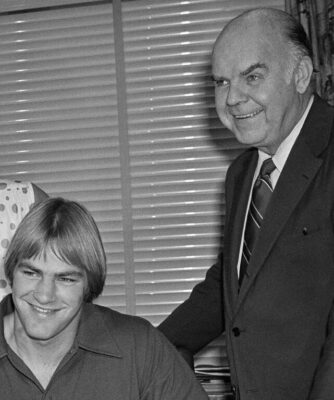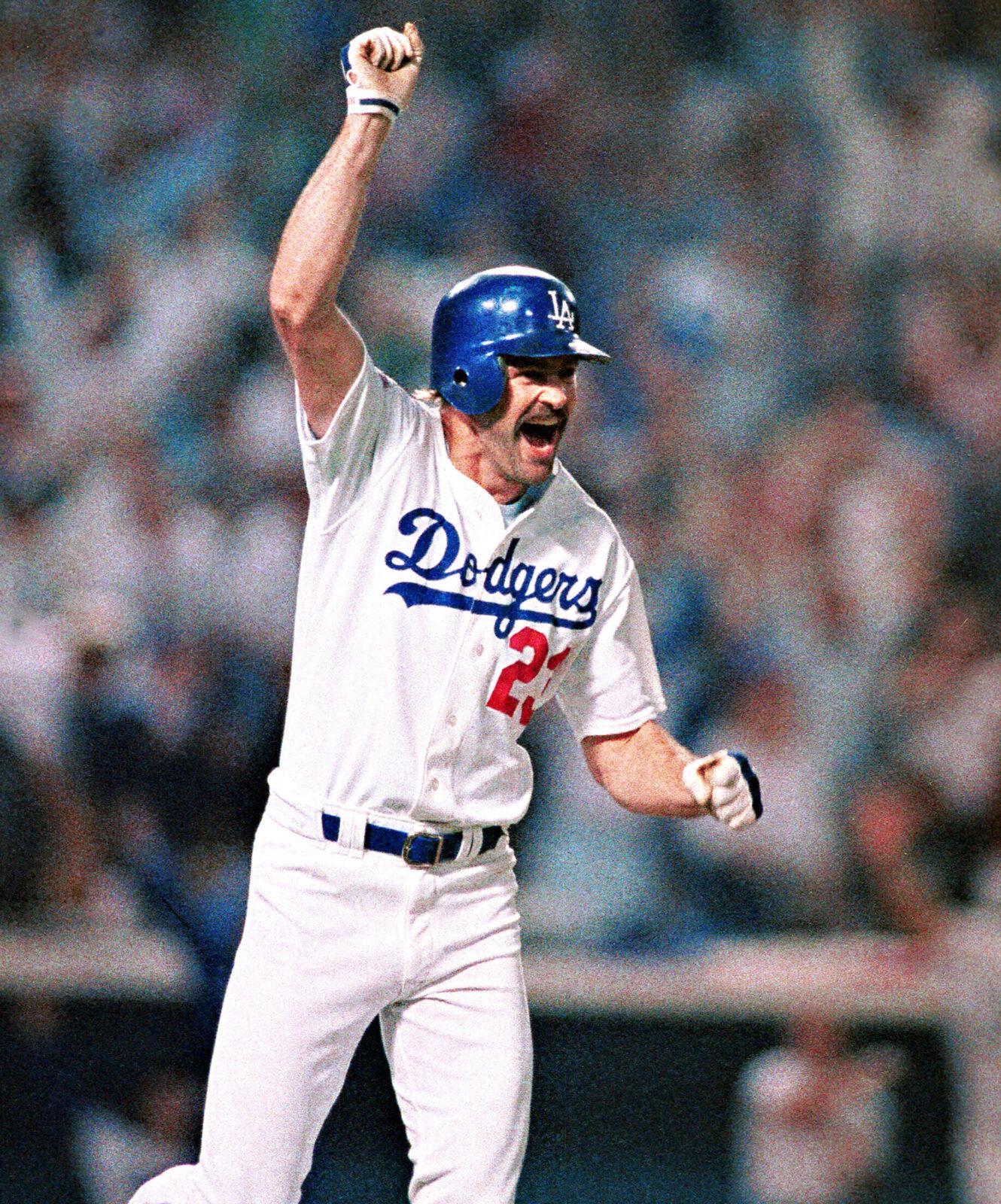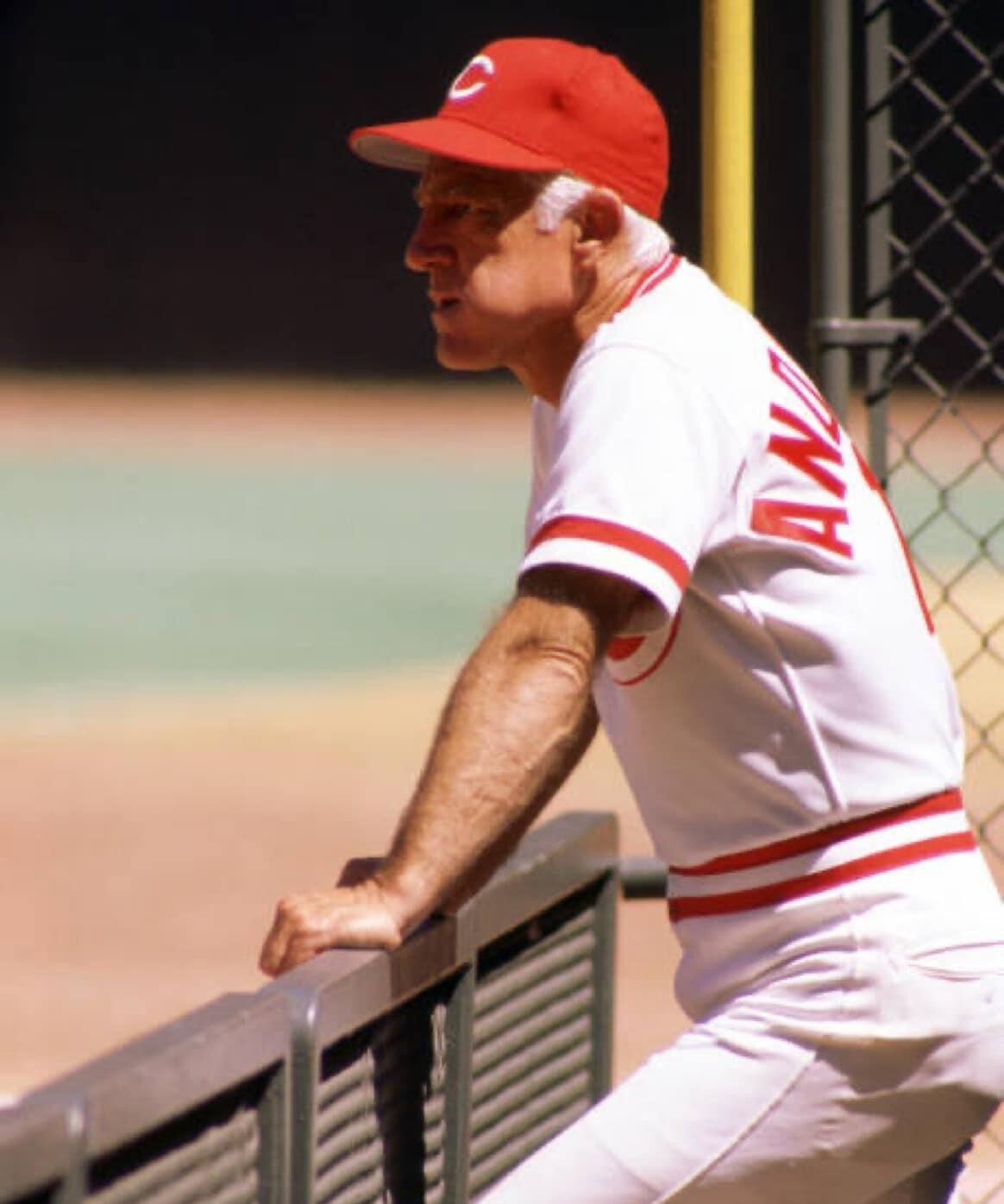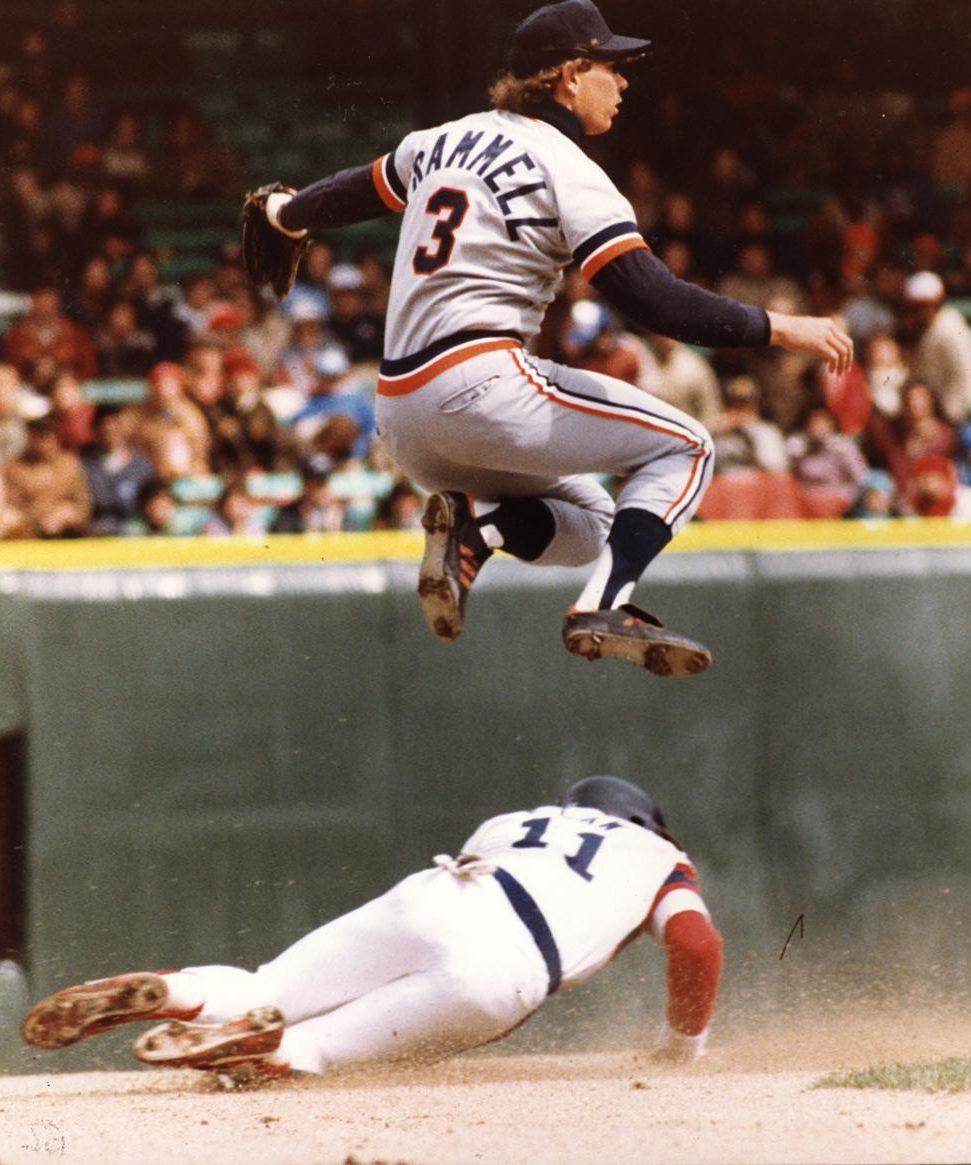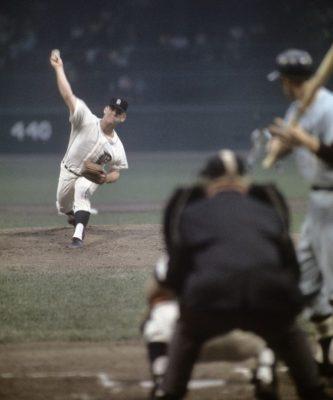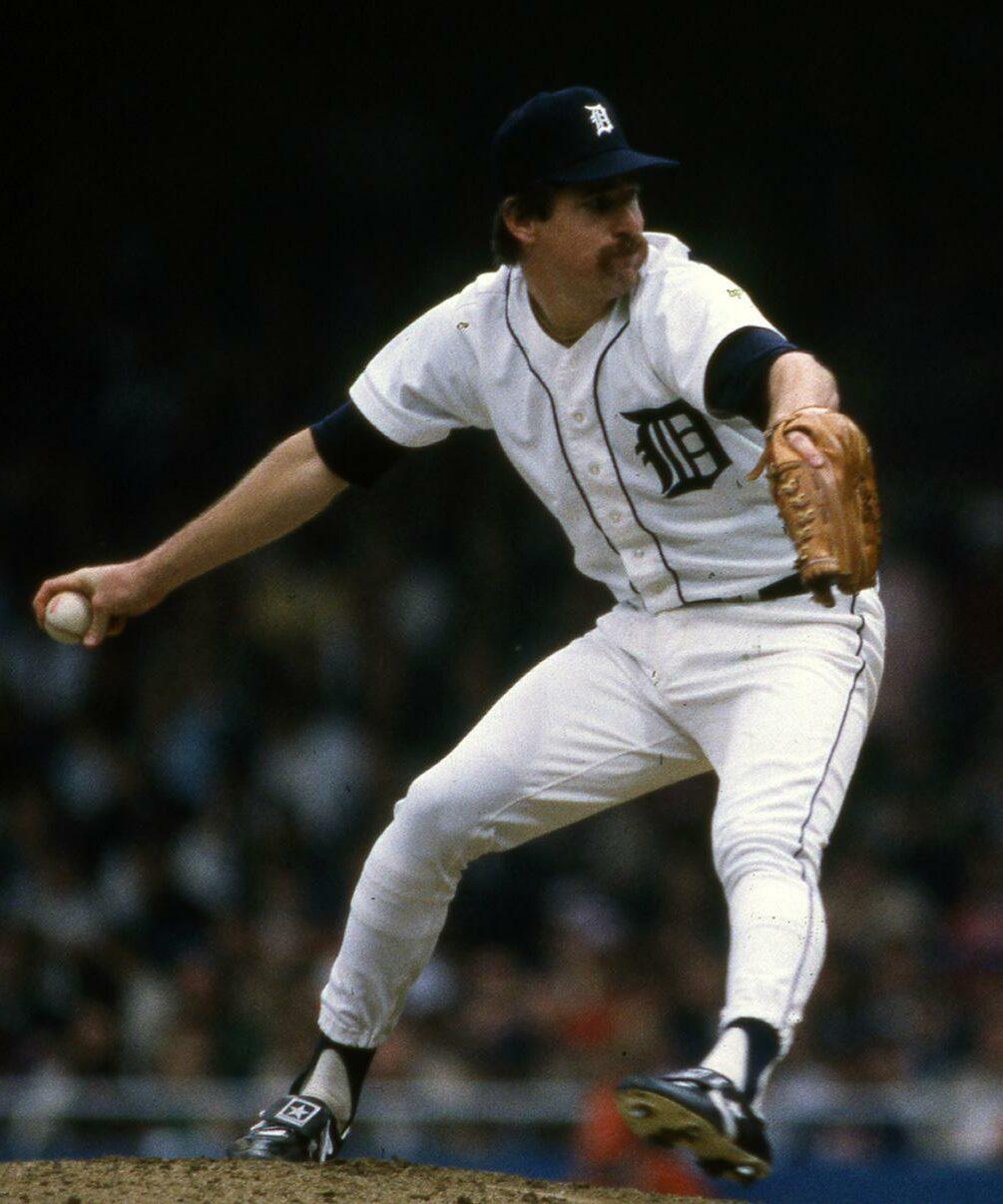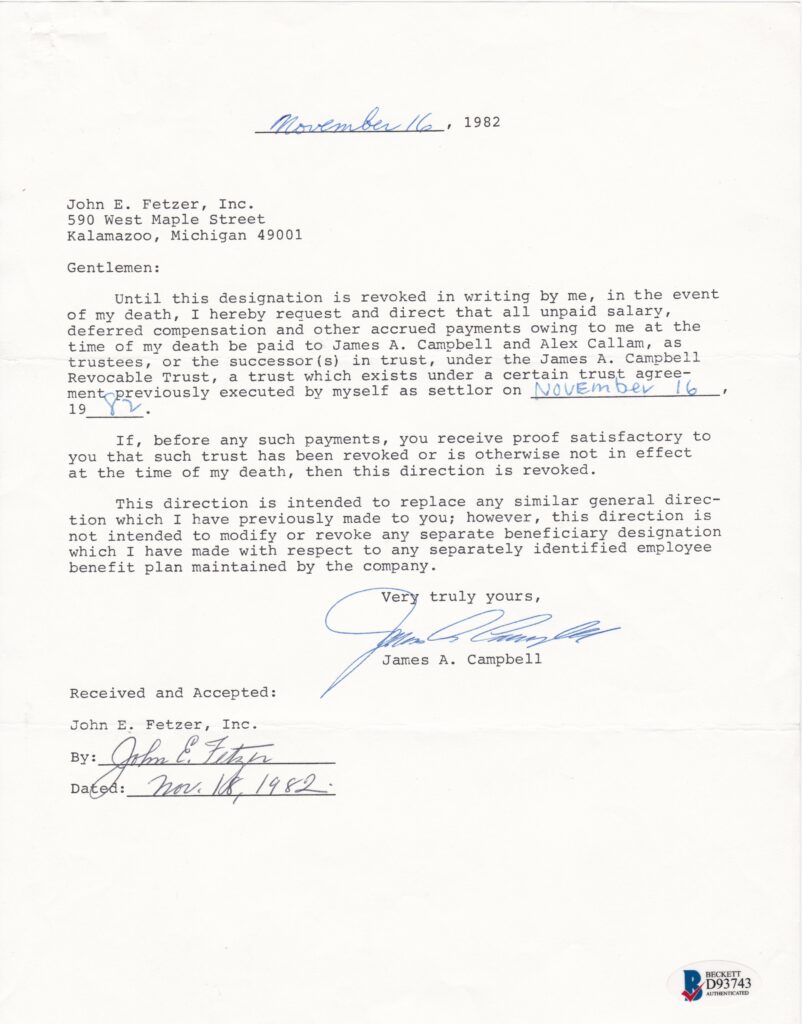
Jim Campbell began his association with the Tigers franchise in 1949 as a 25-year old business manager of the Class-D Thomasville club. After his first day on the job, the Thomasville ballpark burned to the ground. From there things got considerably better for Campbell and the Tigers.
The former Ohio State outfielder oversaw the rebuilding of the stadium and got the Thomasville team back on its feet. Three years later in ’52 he was named business manager for the Tigers farm system. In 1957 assumed the same role for the big club and remained with them for the next 35 years.
Campbell’s most impactful role came as general manager at age 38 starting in 1962. He built the farm system and claimed eventual 30-game winner Denny McLain off of waivers. When the Tigers won the World Series in ’68, Campbell was largely responsible for the collection of talent. Along with a ring he received the Executive of the Year Award.
During the 1970s Campbell stocked up on talent through the draft with the likes of Kirk Gibson, Jack Morris, Alan Trammell, and Lou Whitaker. At the end of the decade he persuaded Sparky Anderson to change leagues. Campbell’s moves helped set the stage for the dominant ’84 championship club.
Campbell was also a heavy hitter on the Hall of Fame’s Board of Directors who wielded considerable influence. In 1983, he coaxed enough votes to elect former batting champ and long time Tigers announcer George Kell. The third baseman’s 37.7 career WAR ranks below men at his position such as Gary Gaetti, Doug DeCinces, Carney Lansford, and Tim Wallach.
No one believes Bob Elliott deserves a plaque but the 1947 NL MVP was a significantly better player. His career WAR is 51.1.
For those who prefer traditional stats, Kell had 2,054 hits, 78 homers, 870 RBI, .306 batting average, .367 on-base, .414 slugging percentage, .781 OPS. He led the league in hits and doubles in back-to-back years, and was the 1949 batting champion. He was a fine player. However, those numbers certainly don’t say “Cooperstown” anywhere.
By every indication Kell was first-rate guy well liked by the writers. The most he ever received on their ballot 36.8% in his final time year. There’s little doubt Kell owes a great debt of gratitude to Jim Campbell for helping him get elected.
The following year’s vote Campbell’s influence was even greater. Many in the game were stunned with the ’84 election of catcher and former Detroit executive Rick Ferrell. Campbell’s predecessor as Tigers GM, Ferrell wasn’t even the best player in his family. Brother Wes was a six-time 20-game winner with a WAR (60.0) nearly twice as high as Rick (31.1).
Few people believe Rick is worthy of Cooperstown.
In early 1990 Campbell resigned as president of the Tigers, ending his 28-year run in that capacity. After a change in team ownership in 1992, Campbell was fired, ending his 43 years of association with Detroit.
In the collection is this document signed by Campbell and Tigers owner John Fetzer. Dated November 16, 1982, it concerns distribution of money owed Campbell in the event of his death.
